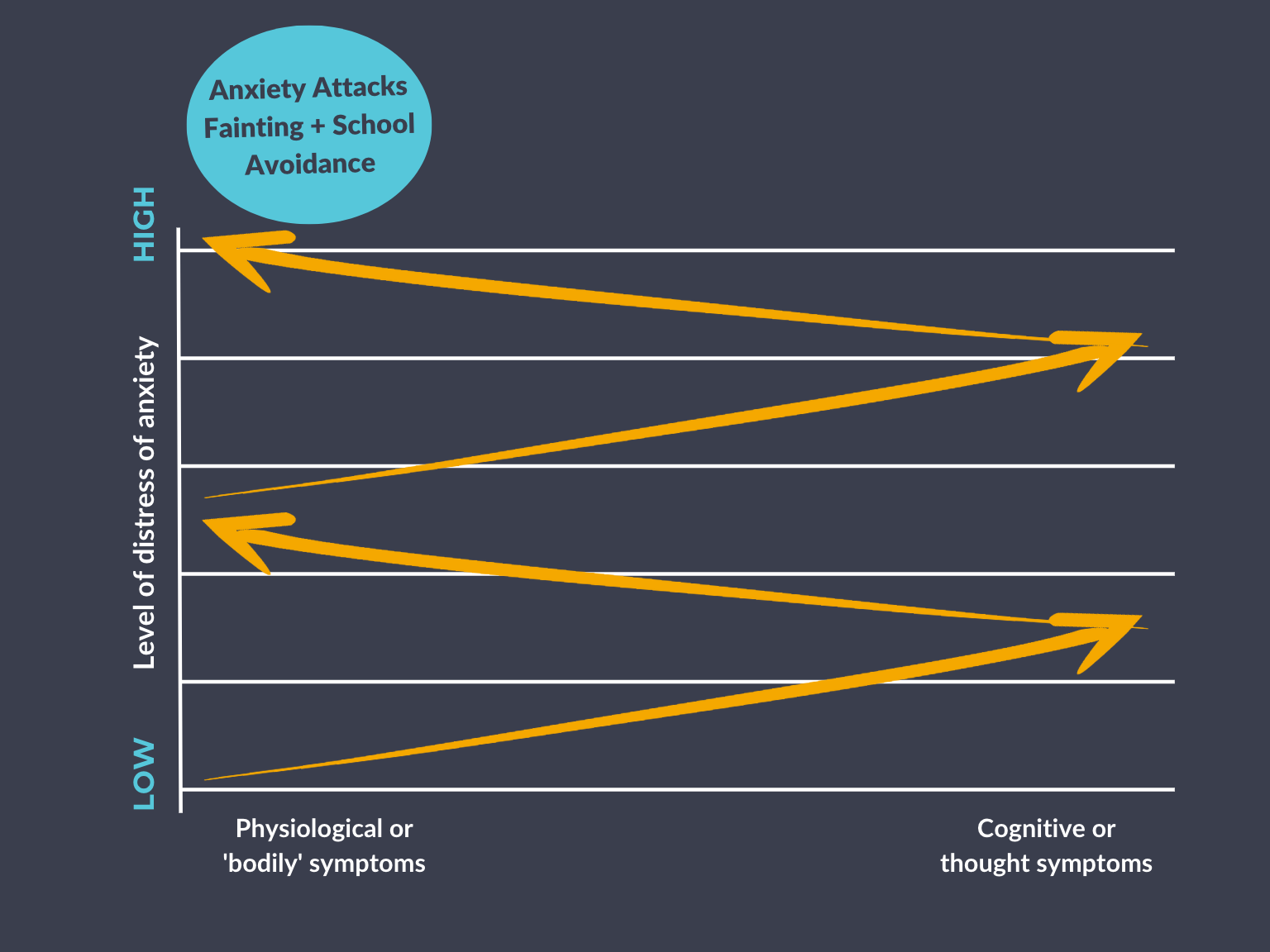Reducing School Avoidance
A ‘scalable’ evidence-based approach to reducing school avoidance
We estimate that in Victoria alone, there are some 487,000 primary school and 152,000 secondary school students who meet the internationally recognised definition of school avoidance at any one time.
The scale of the problem is immense and well beyond the capacity of current mental health services.
What is needed?
We need is a scalable solution, i.e. a reproducible process that can quickly train other professionals to implement evidence-based approaches to redress this issue.
Reducing School Avoidance (RSA) is a scalable approach that can be used to train teachers, wellbeing workers and youth workers to deliver an evidence-based system targeted at reducing school avoidance.
RSA is a McAlpine-B program whose aim is to reduce school avoidance. It is different from other interventions because it trains teachers and wellbeing staff to implement an evidence-based approach to reducing school avoidance.

Causes of school avoidance
The causes of school avoidance can be grouped to three areas
20%
Family
Factors
Parents/Family do NOT
- Value education/ respect teachersFeel connected to the school
- Support homework and academic progress
- Are in crisis due of poverty or domestic violence etc
30%
School
Factors
Teachers/School do NOT
- Communicate high expectations
- Manage disruptive students
- Welcome parental involvement
- Set homework
- Have quality relationships with students
- Have zero tolerance towards bullying behaviour etc
50%
Mental Health
Factors
Individual Factors
Presence of mental health problems especially anxiety or social anxiety
Social anxiety and performance anxiety
Children who do not attend school because of social anxiety believe that others, including teachers and other students, will make negative judgements about them. Children with performance anxiety believe that others will judge their performance as being inadequate.

School avoidance results from the interactions between physiological and cognitive symptoms.
Frequently Asked Questions
What works with the treatment anxiety?
Anxiety has both physiological (e.g. ‘knots’ in the stomach) and cognitive (e.g. ‘people are judging me’) components. Successful interventions must first reduce the physiological symptoms. The evidence suggests that a desensitisation or a graduated exposure approach to redress the physiological symptoms and cognitive behaviour approach to reduce cognitive distortions is the most effective approach to reducing anxiety. RSA is based on these principles.
How is school avoidance defined in an operational sense?
Most international studies define school avoidance as when a student misses more than 10% of the school term for medical, cultural or other reasons.
Why ask teachers and wellbeing staff?
Students can be reluctant to see mental health professionals and, even if they were not, there are insufficient professionals to meet the current demand. However, students feel more comfortable in discussing personal matters with teachers and wellbeing staff because they have excellent relationships with these adults. RSA seeks to leverage this relationship to reduce school avoidance.
Is RSA safe?
RSA is implemented either under the supervision of a school-based psychologist or a McAlpine-B psychologist.
Enquire for more information
Please compete the following form and we’ll get in touch.
"*" indicates required fields
